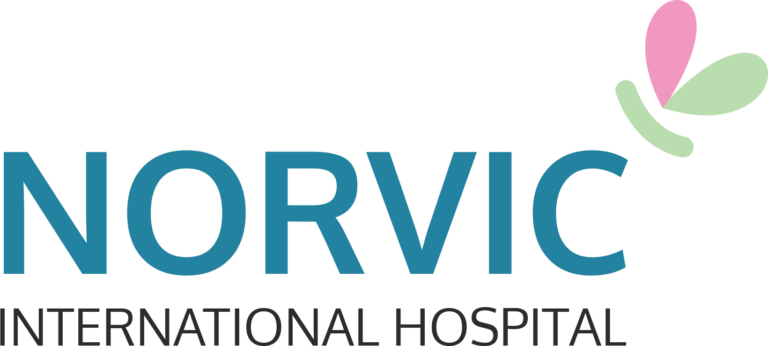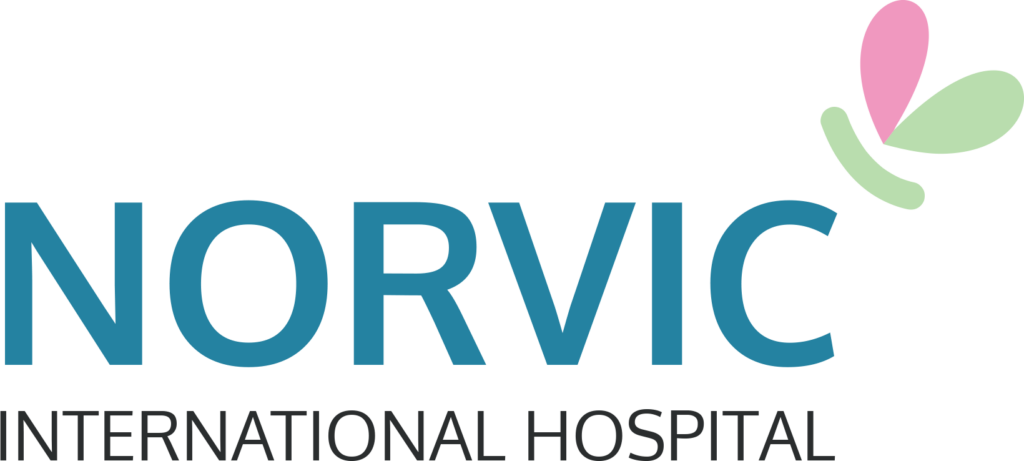Polycystic Ovary Syndrome (PCOS)

Introduction
Polycystic ovary syndrome (PCOS) is a condition that affects a woman’s hormone levels.
Women with PCOS produce higher-than-normal amounts of male hormones. This hormone imbalance causes them to skip menstrual periods and makes it harder for them to get pregnant.
PCOS also causes hair growth on the face and body, and baldness. And it can contribute to long-term health problems like diabetes and heart disease.
Birth control pills and diabetes drugs can help fix the hormone imbalance and improve symptoms.
PCOS is a “syndrome,” or group of symptoms that affects the ovaries and ovulation. Its three main features are:
• Cysts in the ovaries
• High levels of male hormones
• Irregular or skipped periods
In PCOS, many small, fluid-filled sacs grow inside the ovaries. The word “polycystic” means “many cysts.”
Causes:
- Doctors believe that high levels of male hormones prevent the ovaries from producing hormones and making eggs normally.
- Genes, insulin resistance, and inflammation have all been linked to excess androgen production.
- Women with PCOS often have increased levels of inflammation in their body. Being overweight can also contribute to inflammation.
Symptoms:
Some women start seeing symptoms around the time of their first period. Others only discover they have PCOS after they’ve gained a lot of weight or they’ve had trouble getting pregnant.
The most common PCOS symptoms are:
- Irregular periods: A lack of ovulation prevents the uterine lining from shedding every month. Some women with PCOS get fewer than eight periods a year
- Heavy bleeding. The uterine lining builds up for a longer period of time, so the periods you do get can be heavier than normal.
- Hair growth. More than 70 percent of women with this condition grow hair on their face and body — including on their back, belly, and chest.
- Acne: Male hormones can make the skin oilier than usual and cause breakouts on areas like the face, chest, and upper back.
- Weight Gain: Up to 80 percent of women with PCOS are overweight or obese
- Male-pattern baldness: Hair on the scalp gets thinner and fall out.
- Darkening of the skin. Dark patches of skin can form in body creases like those on the neck, in the groin, and under the breasts.
- Headaches. Hormone changes can trigger headaches in some women.
Diagnosis:
Doctors diagnose PCOS if women have at least two or three symptoms- high androgen levels, irregular periods, and cysts in the ovaries.
- A pelvic examination
- Blood tests, and
- Ultrasound can confirm the diagnosis.
Pregnancy and PCOS
- PCOS can make it harder to get pregnant, and it can increase your risk for pregnancy complications and miscarriage.
- Weight loss and other treatments can improve your odds of having a healthy pregnancy.
Diet and lifestyle tips to treat PCOS
- PCOS treatment starts with lifestyle changes like diet and exercise.
- Losing just 5 to 10 percent of your body weight if you’re overweight can help improve your symptoms.
Treatments:
- Birth control pills and the drug prescribed by the doctors can help bring back a normal menstrual cycle.
- Surgery improves fertility in women with PCOS.
- Hair removal medicines can rid of unwanted hair.


